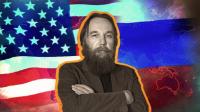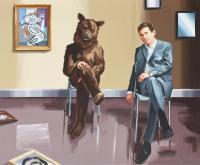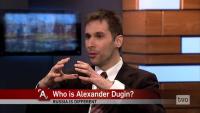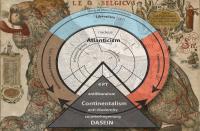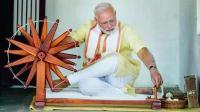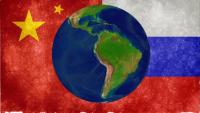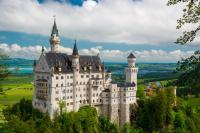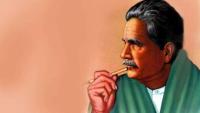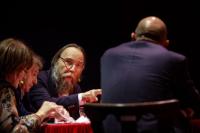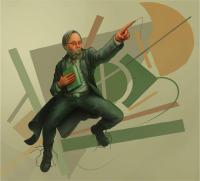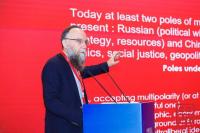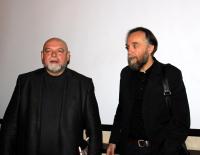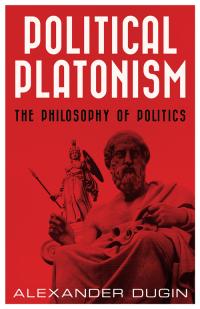WHY WE NEED NEW POLITICAL THEORY (4-TH POLITICAL THEORY)?
Today we assist not only huge geopolitical transformations in the balance of leading world power (the shift from unipolarity to multipolarity), but as well the deep ideological changes. Concretely in the Middle East we see how important is still the role of USA, Israel and European Union on one hand, how Russian and China presence changes the situation in region, and how different Islamic countries and different tendencies in Islam confront or ally with each other. So there is ideological – sometimes theological dimension behind the geopolitics and we cannot any more reduce the problems to simply national States competition or East-West ideological opposition. We need new tools of analysis that would explore the ideological ground and project it on the geopolitical map. We are in need of new kind of mapping the space. And that concerns Middle Eastern space much more than any other. Because it is here where main trends are redefined now.

